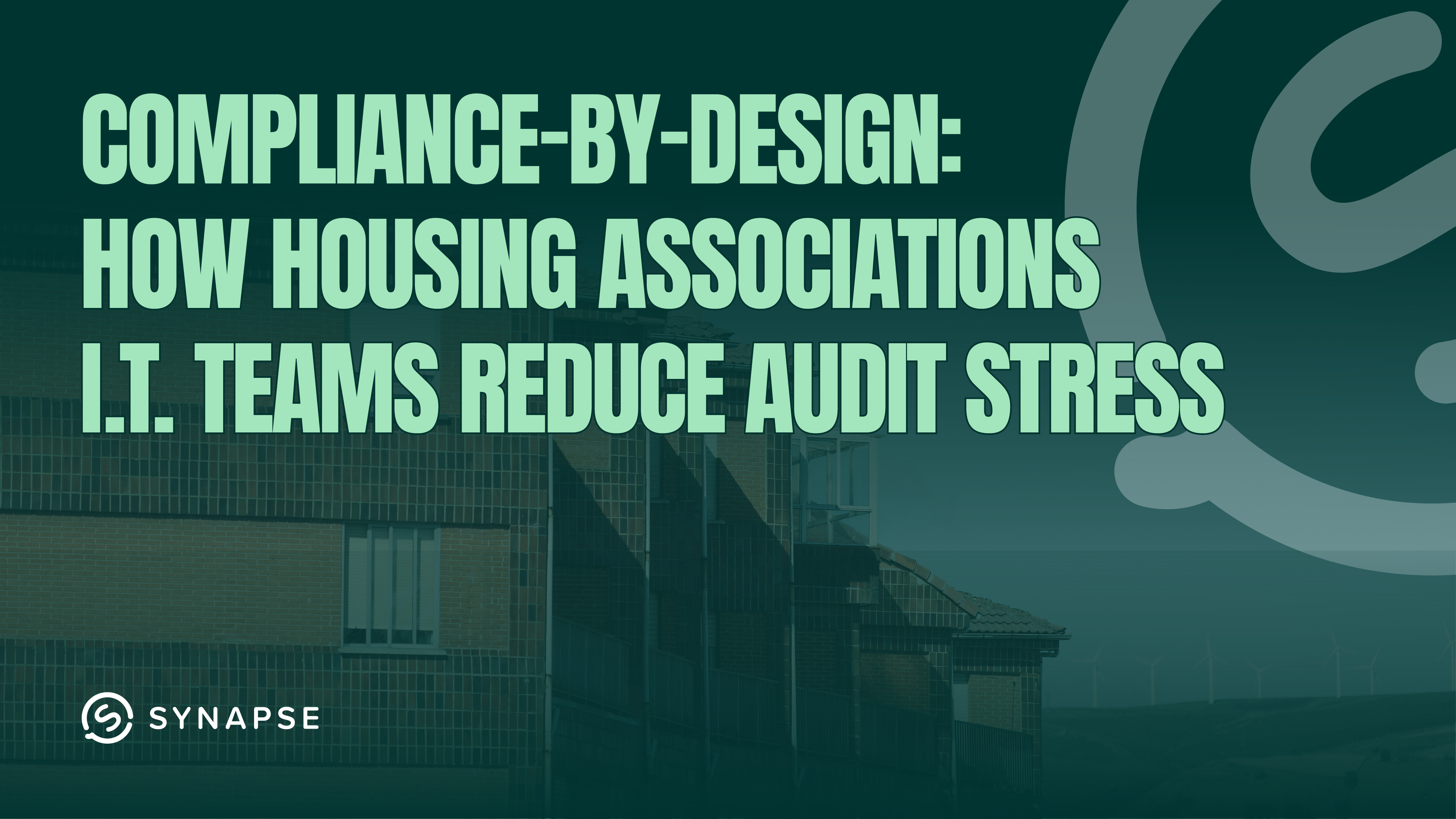
The legal profession has always been built on trust, confidentiality, and the responsible handling of sensitive information. Traditionally, that meant locked filing cabinets, sealed envelopes, and in-person conversations behind closed doors. But in the modern digital age, legal data has moved from courtrooms and law offices to cloud storage, email, and mobile devices.
While digital transformation offers enormous benefits; greater efficiency, collaboration, and accessibility but, it also brings new risks. For law firms, in-house counsel, and courts, ensuring compliance with data protection regulations is no longer optional. It’s a professional obligation and a business necessity that their I.T. and Data Protection teams must take seriously.
The Regulatory Landscape
Data protection laws in the UK and Rest of Europe known as GDPR place strict requirements on how organisations handle personal and sensitive data. For the legal sector, these regulations add an extra layer to existing professional duties of confidentiality and client privilege.
Failure to comply doesn’t just risk financial penalties; it can erode trust with clients, damage reputations, and even jeopardise legal proceedings.
Key Challenges for Legal Professionals
1. Volume of Data
Legal cases often involve massive amounts of documents, evidence, and correspondence. Managing this data securely across digital platforms can be complex.
2. Remote and Hybrid Work
With lawyers and staff working from multiple locations, ensuring secure remote access to sensitive files is critical.
3. Third-Party Providers
Cloud storage providers, e-discovery platforms, and case management systems all introduce potential risks if not vetted for compliance.
4. Cybersecurity Threats
Law firms are prime targets for cybercriminals due to the highly confidential and valuable information they hold.
Best Practices for Staying Compliant
1. Choose Secure Cloud Solutions
Not all cloud storage is created equal. Law firms should work only with providers that meet strict security standards (ISO 27001, SOC 2, GDPR compliance) and offer encryption at rest and in transit.
2. Implement Strong Access Controls
Role-based permissions, multi-factor authentication, and audit logs help ensure that only the right people have access to sensitive data.
3. Regular Training for Staff
Data protection is everyone’s responsibility. Regular training sessions on phishing, data handling, and compliance rules are essential.
4. Data Minimisation and Retention Policies
Keep only the data you need and have clear retention and deletion policies in place to prevent unnecessary risk.
5. Vendor Due Diligence
Conduct thorough risk assessments of any third-party providers to ensure they comply with relevant regulations and ethical standards.
6. Incident Response Plans
Even with the best safeguards, breaches can happen. Having a clear, tested incident response plan ensures swift action and regulatory compliance in the event of a data incident.
Embracing Technology Without Losing Trust
The legal sector doesn’t have to choose between innovation and compliance; they go hand in hand. By leveraging secure technologies and building a culture of accountability, law firms can modernise their practices while protecting client confidentiality.
Ultimately, staying compliant with data protection regulations isn’t just about avoiding penalties. It’s about upholding the integrity of the legal profession in a digital-first world.
At Synapse, we understand that for the legal sector, data protection isn’t just about compliance; it’s about trust. Our secure cloud and managed I.T. solutions are designed to help law firms safeguard sensitive information, meet regulatory requirements, and work with confidence in a digital-first world. By partnering with us, you gain not just technology, but a team committed to protecting your reputation, your clients, and your future. Talk to our team of experts today.
Blog & Articles
Posts



